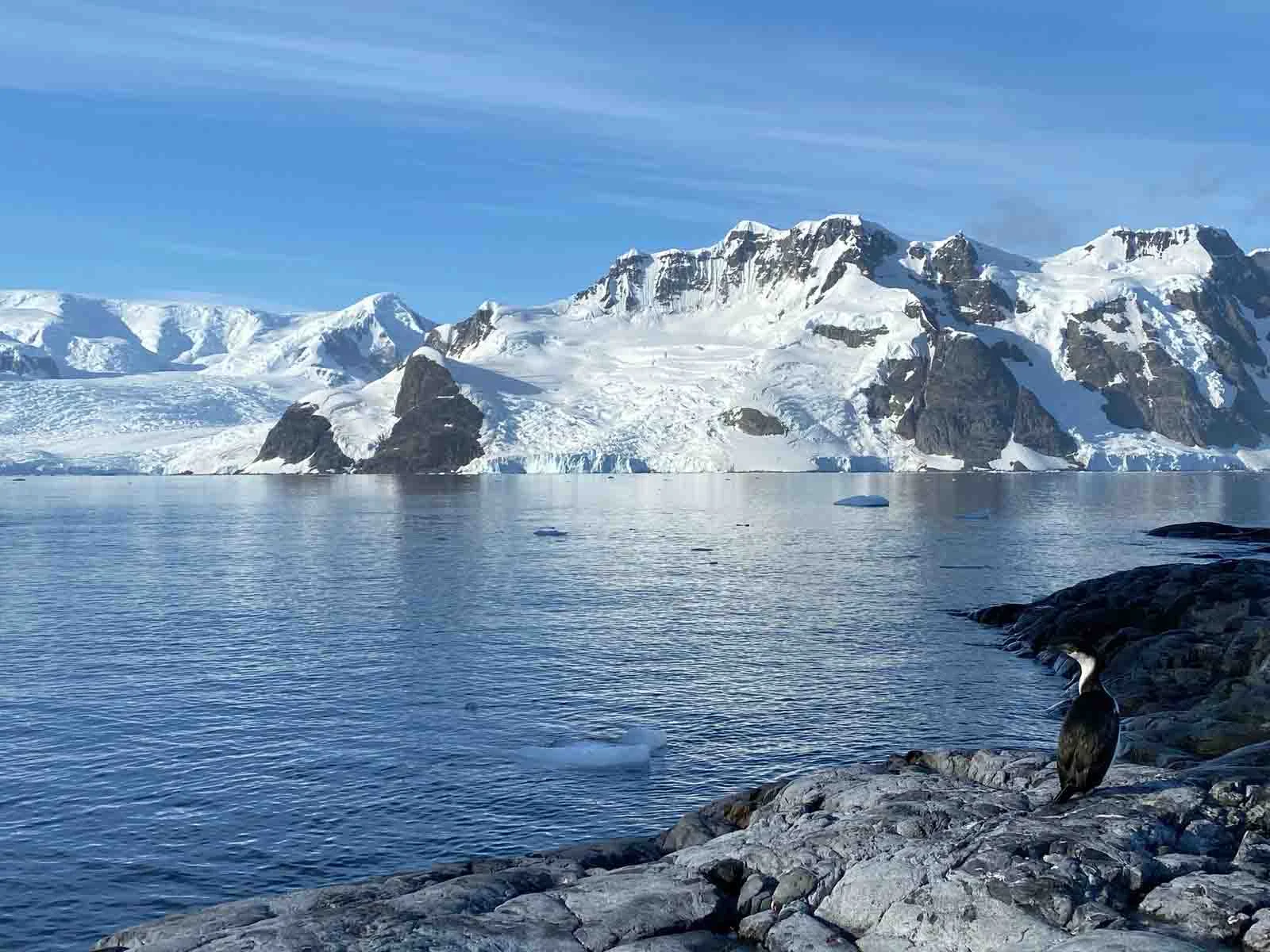
Antarctica's Rise as a Tourist Destination: The Influence of Social Media | Travel News
The number of visitors to Antarctica has surged to unprecedented levels, largely driven by the influence of social media platforms like TikTok. Once an exclusive destination for scientists and intrepid explorers, the icy continent is now drawing a wider audience eager for one-of-a-kind travel experiences.
According to the International Association of Antarctica Tour Operators (IAATO), nearly 123,000 tourists visited Antarctica in the 2023/2024 season—a dramatic jump from just 8,000 in the mid-1990s. This sharp rise has sparked concerns about the sustainability of such growth and its potential impact on the region’s pristine environment.
Unlike conventional tourist destinations, Antarctica offers a distinct appeal with its vast ice formations, diverse wildlife, and breathtaking scenery. However, its transformation from a niche travel spot into a mainstream attraction has raised alarms. Travel options have expanded significantly, ranging from expedition-style cruises to specialized themed voyages catering to wellness seekers and LGBTQ+ travelers.
The variety of Antarctic tourism experiences has also widened, with cruises now tailored for specific interests, including medical conferences and even adult entertainment. This shift highlights a new approach to marketing and experiencing the continent.
Social media has played a crucial role in fueling interest in Antarctic tourism. Viral content and trending hashtags have captivated younger audiences, particularly on TikTok, where influencers showcase stunning landscapes and adventurous excursions. This exposure has inspired many of their followers to set their sights on visiting Antarctica.
However, the surge in tourism comes with environmental risks. As visitor numbers climb, so does the potential for ecological damage. Recent incidents, such as graffiti found on a historic site at Deception Island, have sparked concerns among conservationists, leading to calls for stricter regulations.
Groups like the Antarctic and Southern Ocean Coalition (ASOC) are pushing for stronger safeguards to protect the fragile ecosystem. They caution that if left unchecked, Antarctica could shift from an untouched wilderness to a commercialized adventure hub.
While major environmental damage from tourism has yet to be widely documented, emerging threats like microplastic pollution and noise disturbances are drawing attention. Tour operators have introduced guidelines to mitigate these risks, but their long-term effectiveness remains uncertain.
As international discussions on Antarctic tourism continue, upcoming conferences will be pivotal in shaping its future. The Antarctic Treaty, which emphasizes scientific collaboration and environmental conservation, faces increasing pressure as interest in tourism and infrastructure development grows.
The future of Antarctic tourism remains uncertain, balancing between preserving the continent’s untouched beauty and accommodating the rising wave of global travelers eager to explore its frozen landscapes.
